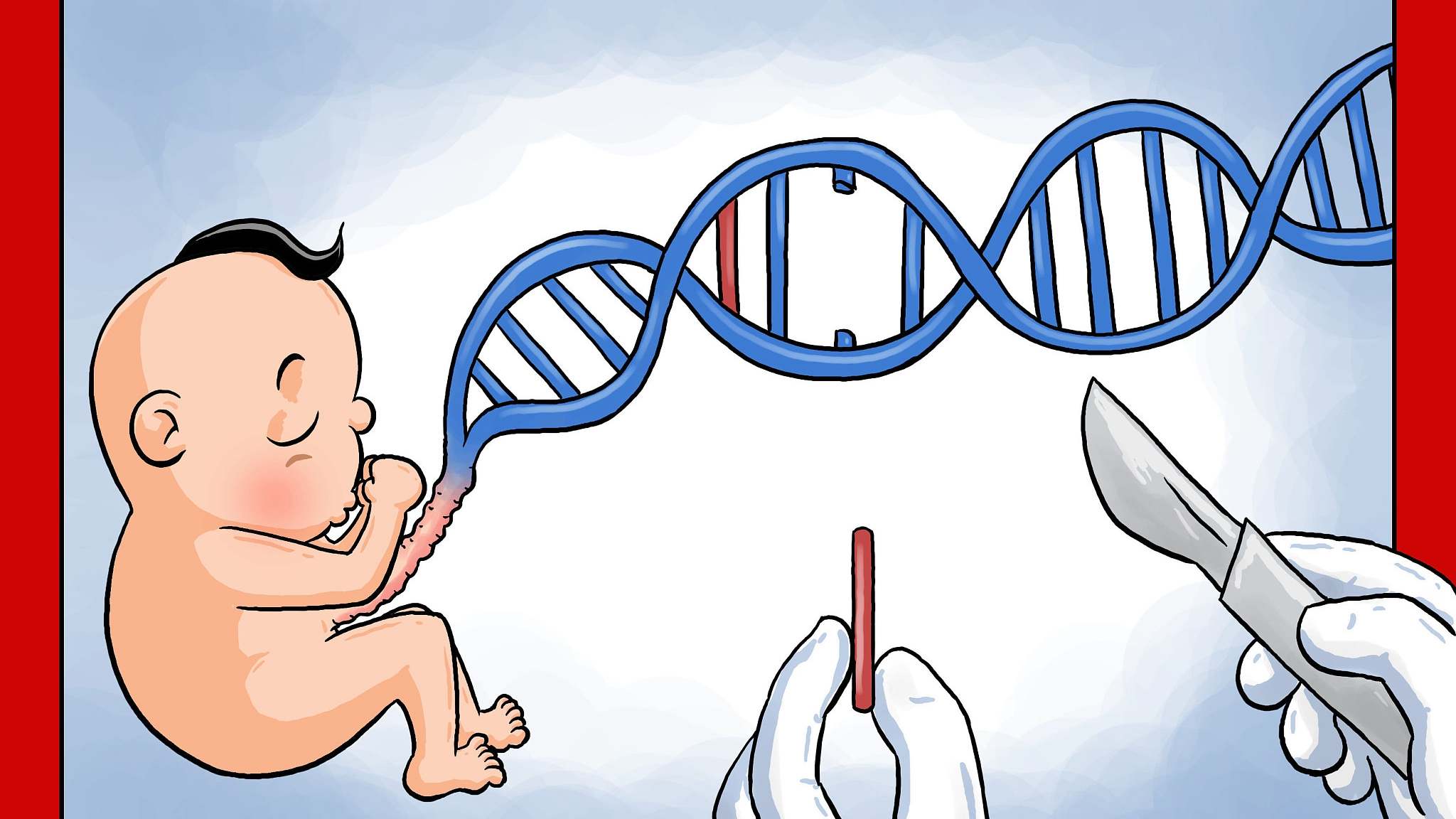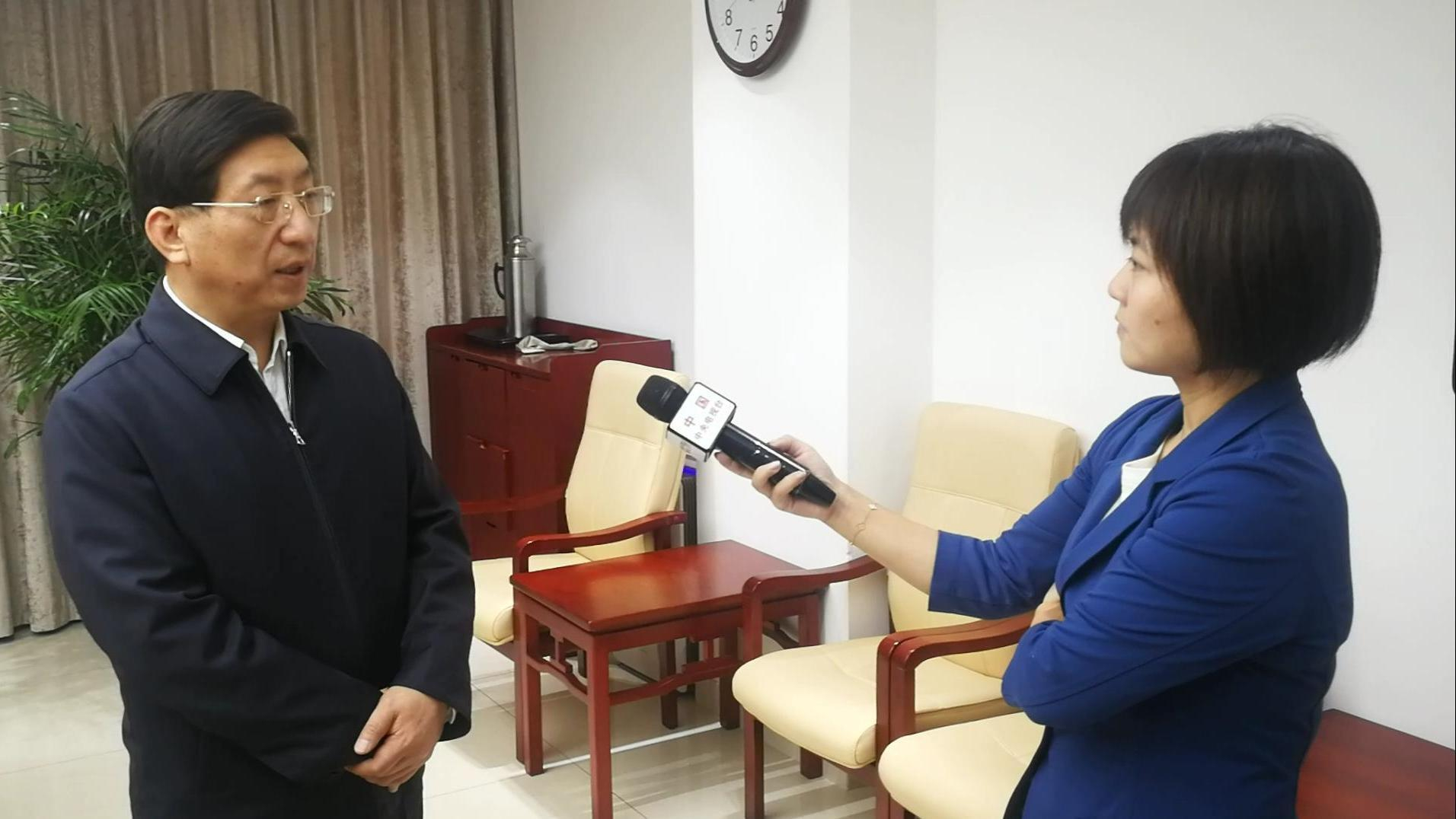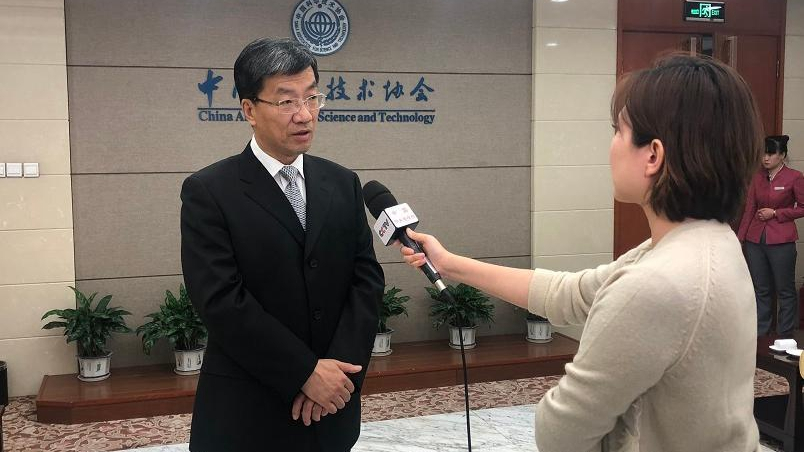
Health
16:47, 29-Nov-2018
Research on gene-edited babies has been paused: Sci-tech ministry
Updated
16:07, 02-Dec-2018
By Li Qian and Gong Zhe

The wave of condemnation is far from over for He Jiankui, a Chinese geneticist who claimed to help the first two gene-edited babies in the world.
Latest accusations come from China's Ministry of Science and Technology (MOST), the Chinese National Health Commission (NHC) and the China Association for Science and Technology (CAST).
Deputy minister Xu Nanping told CCTV that the MOST stands against He Jiankui's surgery and have paused all the research activities of related personals.
"This is against the law and the ethics. It's unacceptable," he said.
In an interview with CCTV, Zeng Yixin, deputy director of the NHC, said the reported surgery seriously violated national laws, regulations and ethical guidelines, adding that the commission is investigating the incident.

Zeng Yixin, deputy director of China's National Health Commission. /CCTV Photo
Zeng Yixin, deputy director of China's National Health Commission. /CCTV Photo
Huai Jinpeng, party secretary of the CAST, expressed strong opposition and condemnation on this case, saying the CAST will help the government investigation.

Huai Jinpeng, party secretary of the China Association for Science and Technology. /CCTV Photo
Huai Jinpeng, party secretary of the China Association for Science and Technology. /CCTV Photo
He Jiankui is a Chinese researcher based in Shenzhen, southeastern China's Guangdong Province. He claimed on Monday to have altered the DNA of twin girls born a few weeks ago to prevent them from catching HIV.
It has triggered a heated debate in the scientific community and the general public.
Genes are the blueprint of lifeforms, including human. Changing the genes of a human may make the person stronger or weaker, smarter or dumber. It may make a person immune to AIDS-like He Jiankui claimed, but may also make a person prone to other deadly illnesses.
Many scientists say the technology for gene-editing is still maturing. And using the tech on humans also draws serious ethical concerns.
He Jiankui defended that he did the surgery only to save AIDS patients. But the public worried he might have other intentions.
Interested in the gene-edited babies? Click here to find out more.

SITEMAP
Copyright © 2018 CGTN. Beijing ICP prepared NO.16065310-3
Copyright © 2018 CGTN. Beijing ICP prepared NO.16065310-3